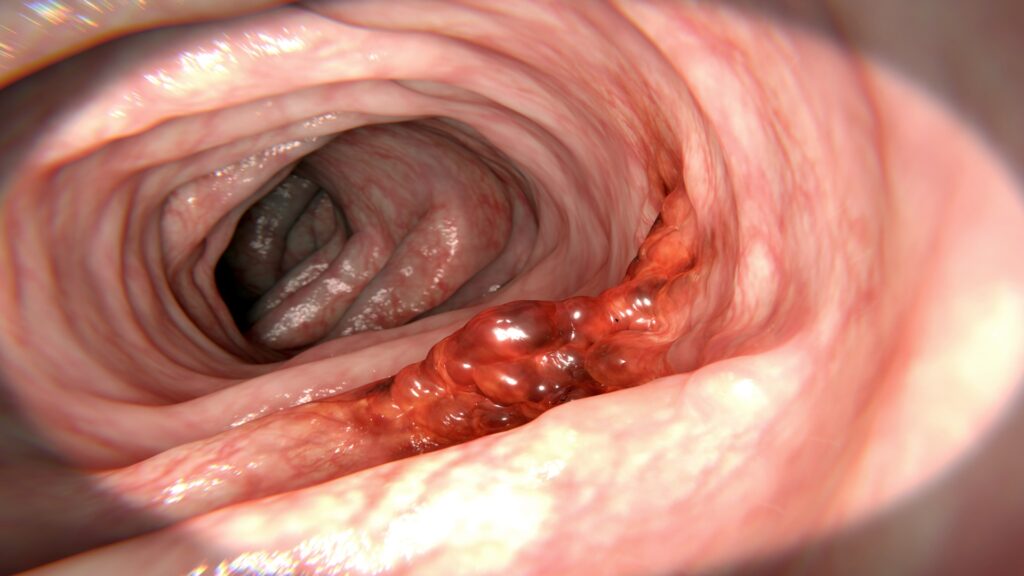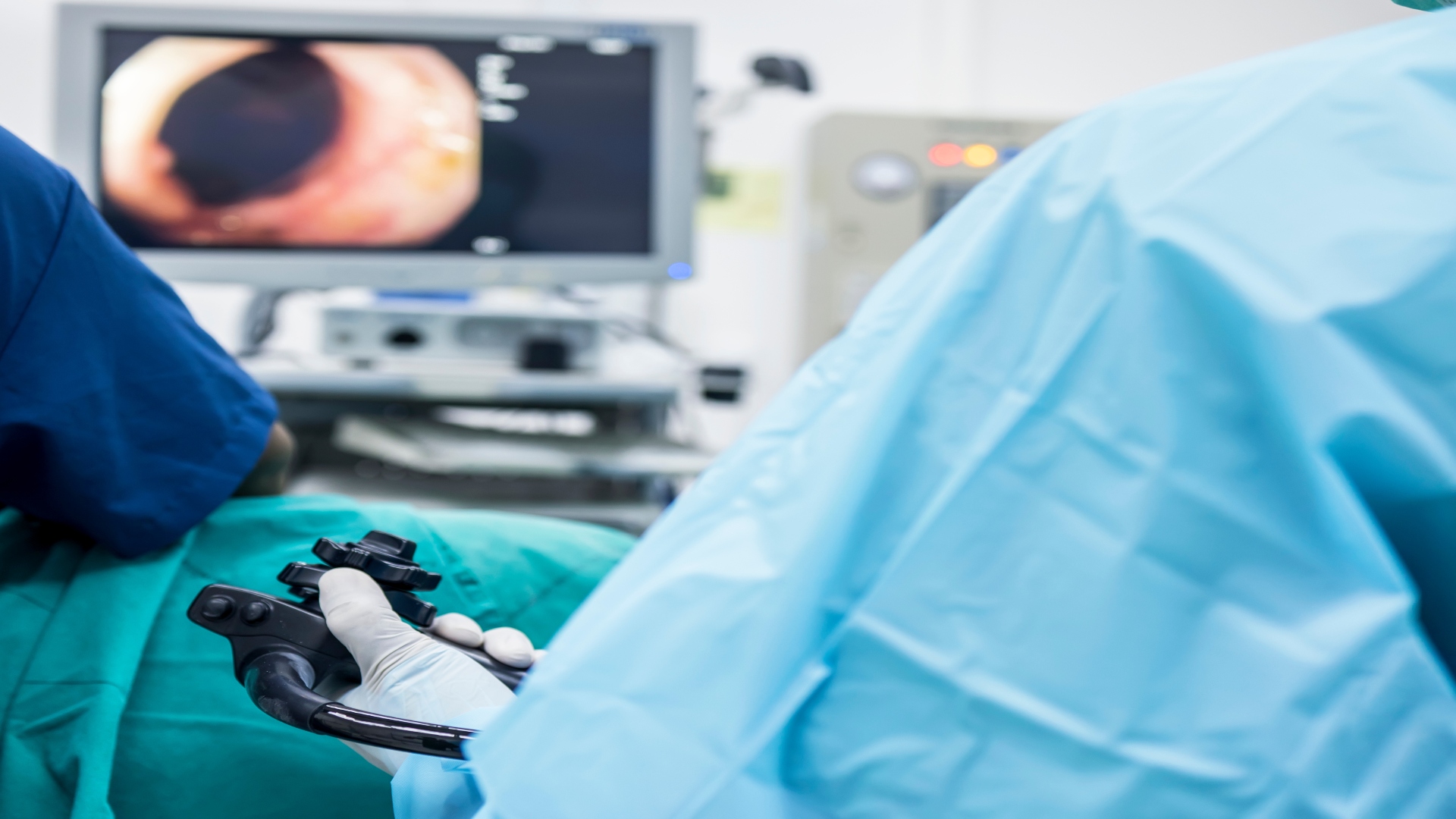Embarking on your first colonoscopy session can be a journey filled with mixed emotions—curiosity, apprehension, and hope for a clean bill of health. Understanding the process, from preparation to recovery, can significantly demystify the experience, making it more manageable and less intimidating.
Given the crucial role colonoscopy plays in the early detection and prevention of colorectal cancer, being well-informed about what to expect can be empowering.
This guide explores each stage of the procedure, especially for those undergoing a colonoscopy in Singapore, ensuring you walk into your appointment armed with knowledge and confidence.
What Is Colonoscopy?
A colonoscopy is a medical procedure used to examine the inside of the colon (large intestine) and rectum. It is performed using a colonoscope, which is a long, flexible tube with a tiny video camera and light at the end. This device allows the doctor to view the entire colon and rectum on a monitor in real time.
Colonoscopies can help detect early signs of cancer, polyps (small growths on the lining of the colon or rectum that can become cancerous if not removed), and other conditions like ulcers and areas of inflammation.
Colonoscopies are highly effective in detecting colorectal cancer and precancerous conditions, playing a critical role in colorectal cancer prevention through the early detection and removal of polyps.
Pre-Procedure Preparation
Preparing for a colonoscopy begins days before the actual procedure and is a critical step to ensure its effectiveness.
The preparation involves transitioning your diet to reduce residues in your digestive tract, eventually shifting to a clear liquid diet the day before the examination. This dietary adjustment ensures that the colon is free of any substances that could obscure the physician’s view.
You may also consume a laxative solution prescribed by your healthcare provider. Although the prospect of frequent trips to the bathroom may seem bothersome, it’s important to cleanse the colon thoroughly.
Achieving a clear colon is vital for the accurate detection of any abnormalities, such as polyps or signs of cancer. By diligently following these preparatory steps, you contribute significantly to the success of the procedure, thereby playing a proactive role in monitoring and safeguarding your health.
Day Of The Procedure
Upon arrival at the medical facility on the day of your colonoscopy singapore, you’ll undergo a series of steps designed to ensure that the procedure is tailored to your specific health needs. This includes completing the necessary paperwork, undergoing a brief health assessment, and discussing any relevant medical history with the healthcare team.
To facilitate a comfortable and pain-free experience, you’ll receive sedation or anesthesia, which requires you to have arranged for someone to drive you home afterwards due to the lingering effects.
This preparation phase is crucial in setting the stage for a successful colonoscopy, emphasizing the importance of patient safety and comfort throughout the process.
During The Colonoscopy
During the colonoscopy, you will be positioned on your side, and the doctor will carefully insert the colonoscope into your rectum to examine the colon’s lining.
Inflating the colon with air or carbon dioxide provides a clear pathway for the physician to identify and extract polyps effectively. This is important in thwarting the development of colorectal cancer.
The duration of the procedure varies, reflecting the thoroughness of the examination and the individualized approach to each patient’s health.
After The Procedure
Following the colonoscopy, you will spend time in the recovery area as the effects of the sedation wear off, under the careful monitoring of medical staff.
Any feelings of bloating or cramping experienced during this time are temporary and a small trade-off for the invaluable insights gained about your colorectal health. The ability to resume your usual diet and activities shortly after the procedure underscores its minimally invasive nature.
Adherence to post-procedure instructions is crucial in ensuring the best possible outcomes and demonstrating an ongoing commitment to your health and well-being.
Understanding The Results
After the colonoscopy, your doctor will provide immediate feedback on the findings, with more detailed results to follow if biopsies were taken. This conversation is instrumental in determining the next steps, whether it involves routine monitoring, further testing, or specific interventions.
Having access to this information empowers you to make informed decisions about your healthcare journey, emphasizing the significance of understanding your results in managing your overall health.
Knowing The Risks
While colonoscopies are widely regarded as safe, it’s important to discuss potential risks and complications with your healthcare provider. These discussions are an integral part of the informed consent process, ensuring you are fully aware of the benefits and risks associated with the procedure.
Although complications are rare, being informed about the possibility of adverse reactions, bleeding, or perforation allows for a balanced decision-making process that prioritizes your health and safety. This dialogue reinforces the partnership between you and your healthcare team, aiming for the best health outcomes.
Takeaway
Understanding what to expect during your first colonoscopy session can help mitigate anxiety and ensure you’re adequately prepared for the procedure.
From pre-procedure preparations to the recovery process, each step is designed to facilitate the early detection and prevention of colorectal cancer. Remember, the temporary discomfort is a small price to pay for the peace of mind and health benefits this essential screening provides.



















